高中中秋节黑板报素材
更新:2023-09-15 11:20:54 高考升学网中秋节是我国的传统佳节。根据史籍的记载,“中秋”一词最早出现在《周礼》一书中。到魏晋时,有“谕尚书镇牛淆,中秋夕与左右微服泛江”的记载。直到唐朝初年,中秋节才成为固定的节日。小编精心给大家准备了中秋节的黑板报资料,欢迎大家阅读参考。
中秋节英语作文
The Mid-Autumn Festival
The Mid-Autumn is a very important Chinese festival. It falls on the 15th day of August. A few days before the festival, everyone in the family will help to make the house clean and beautiful. Lanterns will be hung in front of the house.
On the evening there will be a big family dinner. People who work far away from their homes will try to come back for the union. After dinner, people will light the lanterns which are usually red and round. Children will play with their own toy lanterns happily.
At night the moon is usually round and bright. People can enjoy the moon while eating moon-cakes which are the special food for this festival. They can look back on the past and look forward to the future together. It is said that there was a dragon in the sky. The dragon wanted to swallow up the moon. To protect the frighten the dragon away.
中秋节
中秋节是中国一个很重要的节日,在八月十五号。在节日来临的前几天,家庭中的每一个人都帮着打扫房子,把房子装扮得漂漂亮亮的,灯笼挂在屋前。
晚上有一顿美餐,离家在外工作的人也要回来团圆。晚饭后,人们点亮灯笼,一般是红色的圆灯笼。孩子们会高高兴兴地玩他们的玩具灯笼。
晚上月亮又圆又大,人们在赏月的同时吃着中秋节特别的食品??月饼。人们在一起回顾过去,展望未来。据说天上有一条龙,它要把月亮吞下去。为了保护月亮,孩子们要弄出很大的响动把龙吓跑。
中秋节用英语怎么说
1.Mid-autumn Festival
2.Mid-autumn Day
3.Moon Festival(中秋节又称月亮节)
4.Mooncake Festival(吃月饼是中秋节一大俗,又称月饼节)
中秋节英语介绍
"Zhong Qiu Jie", which is also known as the Mid-Autumn Festival, is celebrated on the 15th day of the 8th month of the lunar calendar. It is a time for family members and loved ones to congregate and enjoy the full moon - an auspicious symbol of abundance, harmony and luck. Adults will usually indulge in fragrant mooncakes of many varieties with a good cup of piping hot Chinese tea, while the little ones run around with their brightly-lit lanterns.
农历八月十五日是中国的传统节日??中秋节。在这天,每个家庭都团聚在一起,一家人共同观赏象征丰裕、和谐和幸运的圆月。此时,大人们吃着美味的月饼,品着热腾腾的香茗,而孩子们则在一旁拉着兔子灯尽情玩耍。
"Zhong Qiu Jie" probably began as a harvest festival. The festival was later given a mythological flavour with legends of Chang-E, the beautiful lady in the moon.
中秋节最早可能是一个庆祝丰收的节日。后来,月宫里美丽的仙女嫦娥的神话故事赋予了它神话色彩。
According to Chinese mythology, the earth once had 10 suns circling over it. One day, all 10 suns appeared together, scorching the earth with their heat. The earth was saved when a strong archer, Hou Yi, succeeded in shooting down 9 of the suns. Yi stole the elixir of life to save the people from his tyrannical rule, but his wife, Chang-E drank it. Thus started the legend of the lady in the moon to whom young Chinese girls would pray at the Mid-Autumn Festival.
传说古时候,天空曾有10个太阳。一天,这10个太阳同时出现,酷热难挡。弓箭手后翌射下了其中9个太阳,拯救了地球上的生灵。他偷了长生不死药,却被妻子嫦娥偷偷喝下。此后,每年中秋月圆之时,少女们都要向月宫仙女嫦娥祈福的传说便流传开来。
In the 14th century, the eating of mooncakes at "Zhong Qiu Jie" was given a new significance. The story goes that when Zhu Yuan Zhang was plotting to overthrow the Yuan Dynasty started by the Mongolians, the rebels hid their messages in the Mid-Autumn mooncakes. Zhong Qiu Jie is hence also a commemoration of the overthrow of the Mongolians by the Han people.
在14世纪,中秋节吃月饼又被赋予了一层特殊的含义。传说在朱元璋带兵起义推翻元朝时,将士们曾把联络信藏在月饼里。因此,中秋节后来也成为汉人推翻蒙古人统治的纪念日。 字串7
During the Yuan Dynasty (A.D.1206-1368) China was ruled by the Mongolian people. Leaders from the preceding Sung Dynasty (A.D.960-1279) were unhappy at submitting to foreign rule, and set how to coordinate the rebellion without it being discovered. The leaders of the rebellion, knowing that the Moon Festival was drawing near, ordered the making of special cakes. Packed into each mooncake was a message with the outline of the attack. On the night of the Moon Festival, the rebels successfully attacked and overthrew the government. What followed was the establishment of the Ming Dynasty (A.D. 1368-1644). Today, moon cakes are eaten to commemorate this event.
在元朝,蒙古人统治中国。前朝统治者们不甘心政权落入外族之手,于是密谋策划联合起义。正值中秋将,起义首领就命令部下制作一种特别的月饼,把起义计划藏在每个月饼里。到中秋那天,起义军获取胜利,推翻了元朝,建立明朝。今天,人们吃月饼纪念此事。
高中生班级中秋节黑板报图片大全2023-09-13 23:16:38
中秋节英文黑板报内容和图片设计大全2023-09-16 17:31:44
高中生班级中秋节黑板报图片大全2023-09-13 23:16:38
中秋节英文黑板报内容和图片设计大全2023-09-16 17:31:44
中秋节英文黑板报资料和图片设计2023-09-18 19:58:21
中秋节手抄报版面设计边框图案黑板报资料大全2023-09-15 15:55:44
中秋节黑板报资料2023-09-19 01:41:30
关于中秋节手抄报版面设计边框图案黑板报内容大全2023-09-13 09:34:30
中秋节手抄报版面设计边框图案黑板报内容资料大全2023-09-20 07:24:25
中秋节手抄板黑板报内容资料大全2023-09-15 12:51:44
中秋节黑板报:关于中秋节资料2023-09-14 10:16:31
快乐中秋节黑板报:中秋节简介2023-09-20 11:21:17
八月十五中秋节黑板报资料2023-09-13 11:33:11
中秋节黑板报资料分享2023-09-21 20:09:36
中秋节手抄报版面设计边框图案黑板报内容:中秋节习俗2023-09-20 11:01:04
猴年中秋节手抄报版面设计边框图案黑板报资料2023-09-19 03:46:36
中秋节手抄报版面设计边框图案黑板报资料内容大全2023-09-13 23:37:55
中秋节黑板报版面设计图片大全主题花边内容图片 2023-09-20 09:20:02
国庆节中秋节手抄报和黑板报图片,双节同庆2023-09-17 20:10:48
中秋节手抄报和黑板报设计,迎中秋节2023-09-16 14:14:03
南京机电职业技术学院安徽录取分数线及招生人数 附-2020最低位次排名2025-05-22 10:02:09
新疆天山职业技术大学和商丘工学院哪个好 分数线排名对比2025-05-22 10:00:42
重庆文理学院和上饶师范学院哪个好 分数线排名对比2025-05-22 09:59:30
阜阳师范大学有哪些专业?比较好的专业一览表2025-05-22 09:57:57
云南高考排名在6550的理科类考生能报什么大学(原创)2025-05-22 09:56:46
云南理工职业学院福建录取分数线及招生人数 附-2020最低位次排名2025-05-22 09:55:17
青岛大学在辽宁高考专业招生计划(人数+代码)2025-05-22 09:53:51
兰州外语职业学院的口腔医学技术专业分数线(附2020-最低分排名怎么样)2025-05-22 09:52:37
湖南工学院在山东高考专业招生计划(人数+代码)2025-05-22 09:51:25
河北高考排名在243800的物理类考生能报什么大学(原创)2025-05-22 09:50:06
湖南工业职业技术学院是几本大学,什么类型档次的院校2025-05-22 09:48:40
青海高考排名在1550的理科类考生能报什么大学(原创)2025-05-22 09:47:31
高中生班级中秋节黑板报图片大全2023-09-13 23:16:38
中秋节英文黑板报内容和图片设计大全2023-09-16 17:31:44
最新图文
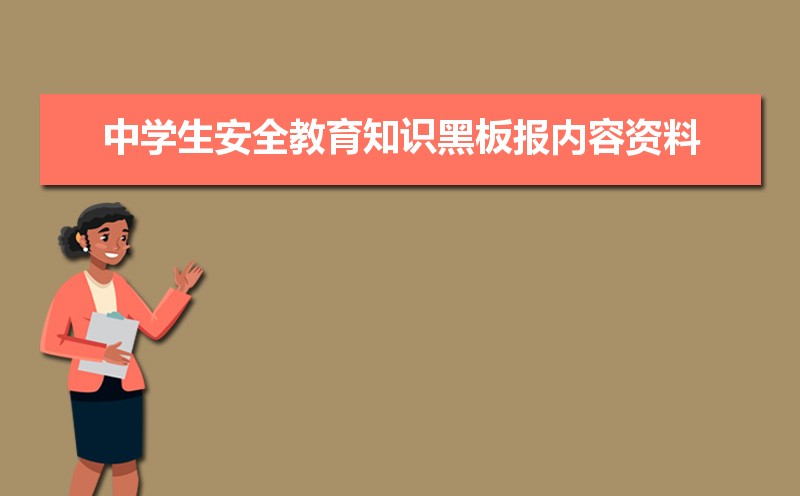
中学生安全教育知识黑板报
时间:2023-09-22 03:0:13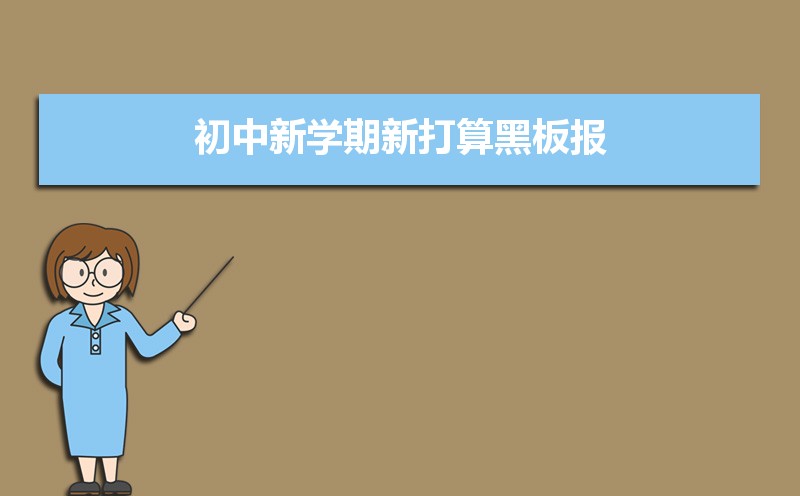
初中新学期新打算黑板报图
时间:2023-09-21 22:0:25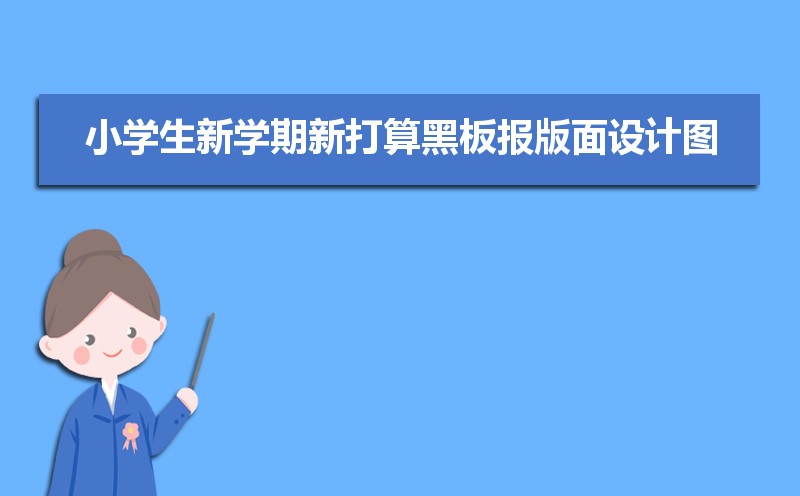
小学生新学期新打算黑板报
时间:2023-09-17 05:0:30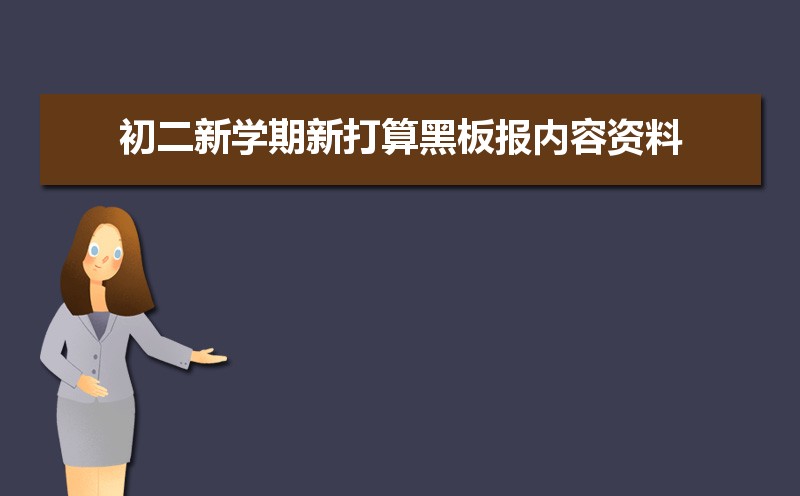
初二新学期新打算黑板报内
时间:2023-09-13 23:0:21 高中生班级中秋节黑板报图片大全
高中生班级中秋节黑板报图片大全 中秋节英文黑板报内容和图片设计大全
中秋节英文黑板报内容和图片设计大全 中秋节英文黑板报资料和图片设计
中秋节英文黑板报资料和图片设计 中秋节手抄报版面设计边框图案黑板报资料大全
中秋节手抄报版面设计边框图案黑板报资料大全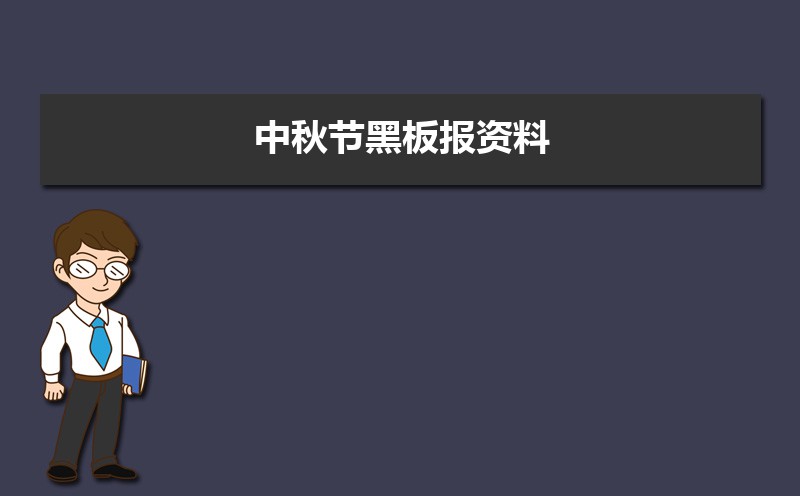 中秋节黑板报资料
中秋节黑板报资料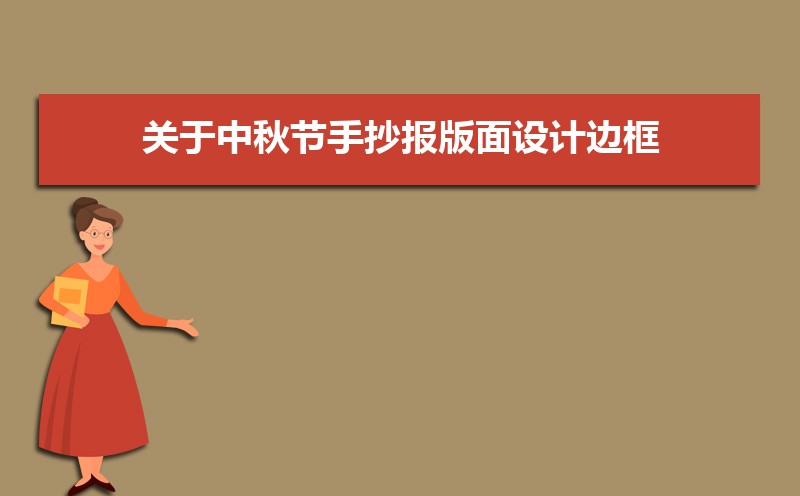 关于中秋节手抄报版面设计边框图案黑板报内容大全
关于中秋节手抄报版面设计边框图案黑板报内容大全 中秋节手抄报版面设计边框图案黑板报内容资料大全
中秋节手抄报版面设计边框图案黑板报内容资料大全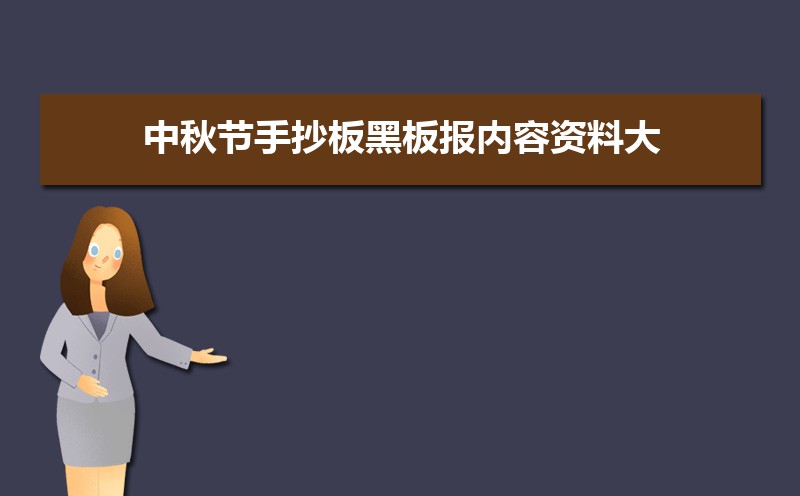 中秋节手抄板黑板报内容资料大全
中秋节手抄板黑板报内容资料大全 中秋节黑板报:关于中秋节资料
中秋节黑板报:关于中秋节资料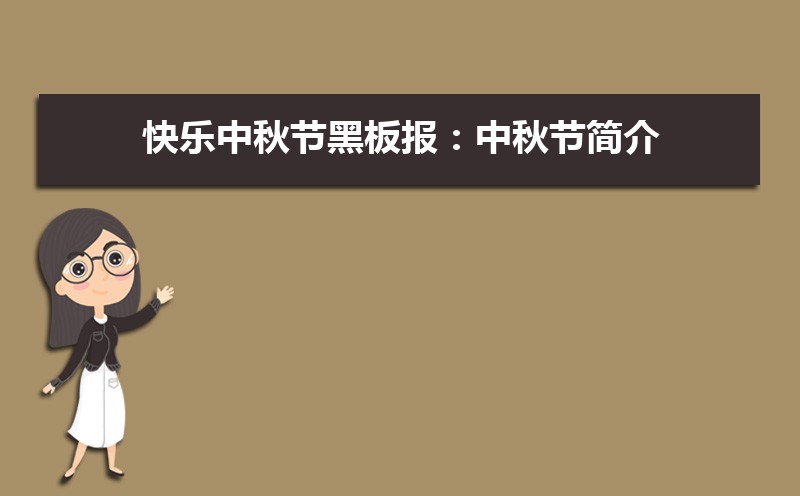 快乐中秋节黑板报:中秋节简介
快乐中秋节黑板报:中秋节简介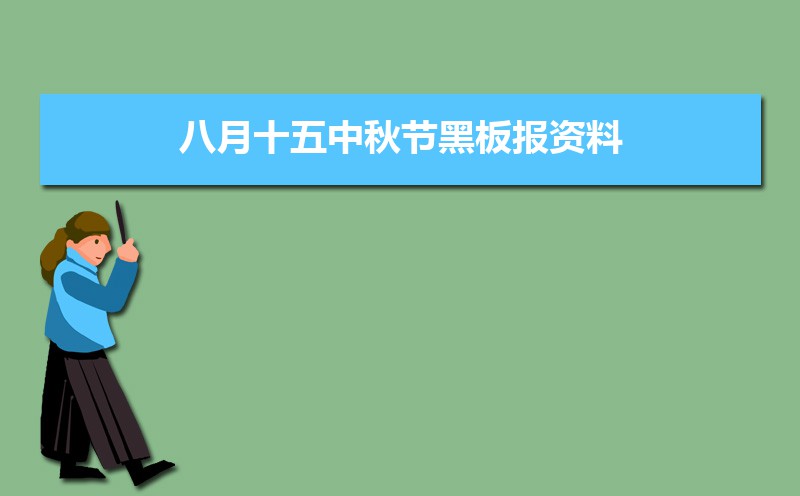 八月十五中秋节黑板报资料
八月十五中秋节黑板报资料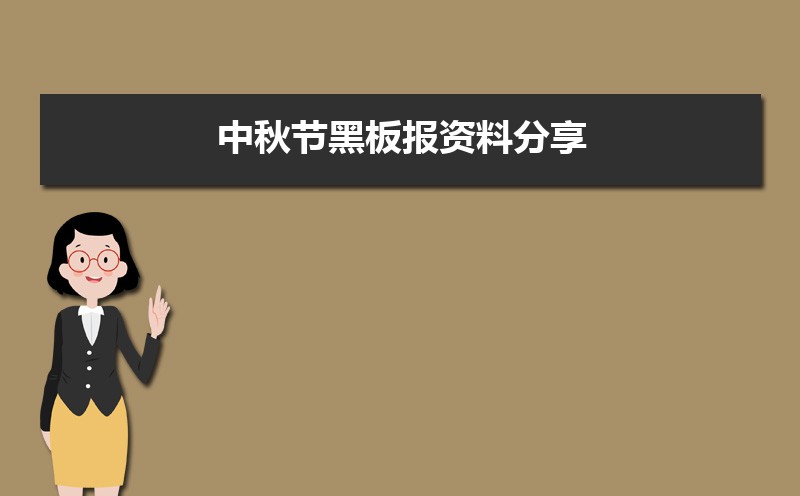 中秋节黑板报资料分享
中秋节黑板报资料分享 中秋节手抄报版面设计边框图案黑板报内容:中秋节习俗
中秋节手抄报版面设计边框图案黑板报内容:中秋节习俗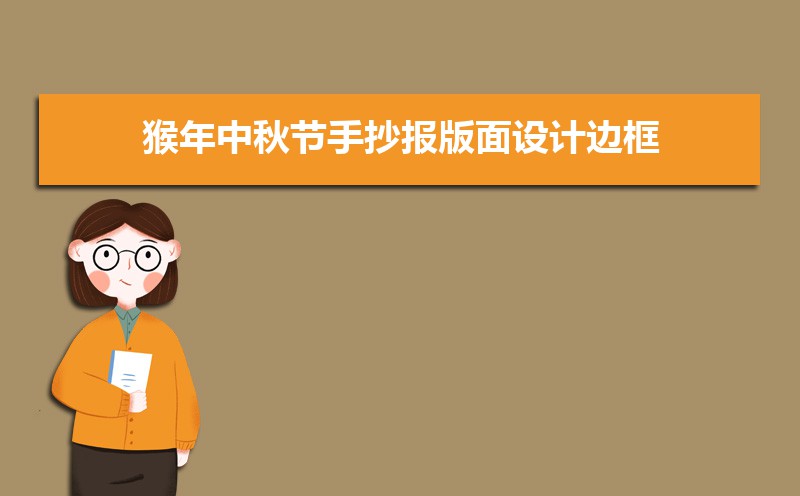 猴年中秋节手抄报版面设计边框图案黑板报资料
猴年中秋节手抄报版面设计边框图案黑板报资料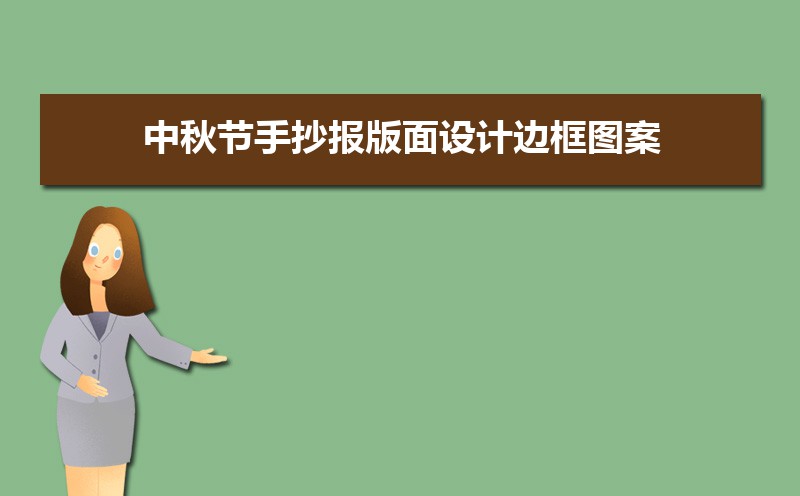 中秋节手抄报版面设计边框图案黑板报资料内容大全
中秋节手抄报版面设计边框图案黑板报资料内容大全 中秋节黑板报版面设计图片大全主题花边内容图片
中秋节黑板报版面设计图片大全主题花边内容图片 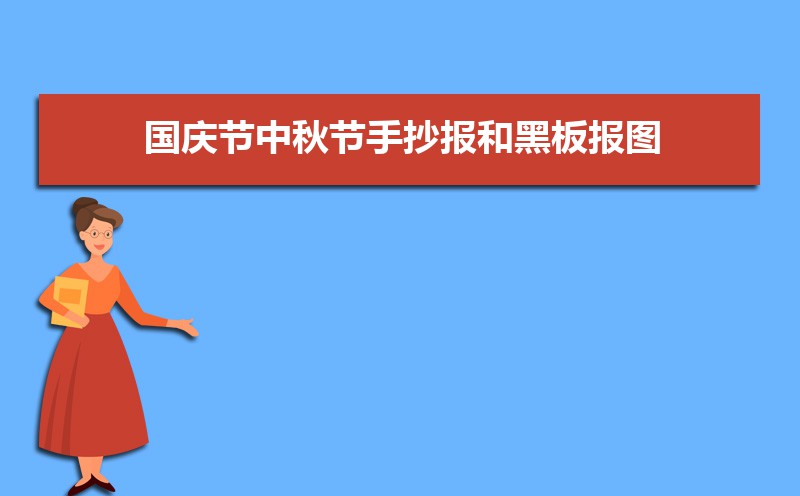 国庆节中秋节手抄报和黑板报图片,双节同庆
国庆节中秋节手抄报和黑板报图片,双节同庆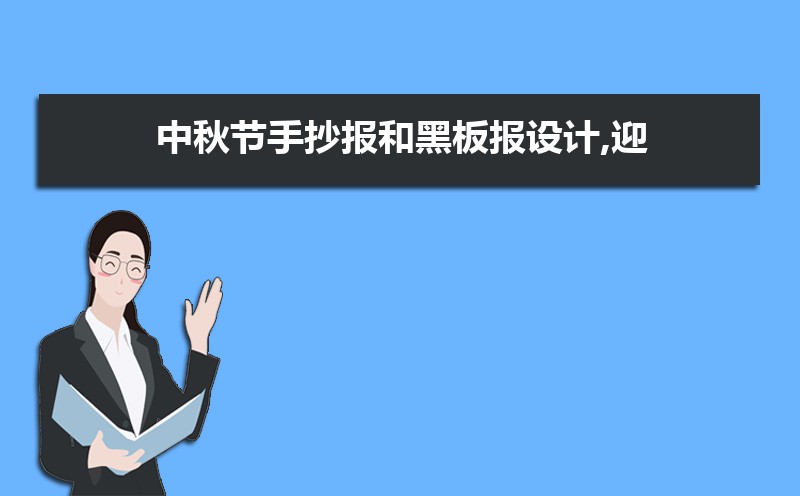 中秋节手抄报和黑板报设计,迎中秋节
中秋节手抄报和黑板报设计,迎中秋节 南京机电职业技术学院安徽录取分数线及招生人数 附-2020最低位次排名
南京机电职业技术学院安徽录取分数线及招生人数 附-2020最低位次排名 新疆天山职业技术大学和商丘工学院哪个好 分数线排名对比
新疆天山职业技术大学和商丘工学院哪个好 分数线排名对比 重庆文理学院和上饶师范学院哪个好 分数线排名对比
重庆文理学院和上饶师范学院哪个好 分数线排名对比 阜阳师范大学有哪些专业?比较好的专业一览表
阜阳师范大学有哪些专业?比较好的专业一览表 云南高考排名在6550的理科类考生能报什么大学(原创)
云南高考排名在6550的理科类考生能报什么大学(原创) 云南理工职业学院福建录取分数线及招生人数 附-2020最低位次排名
云南理工职业学院福建录取分数线及招生人数 附-2020最低位次排名 青岛大学在辽宁高考专业招生计划(人数+代码)
青岛大学在辽宁高考专业招生计划(人数+代码) 兰州外语职业学院的口腔医学技术专业分数线(附2020-最低分排名怎么样)
兰州外语职业学院的口腔医学技术专业分数线(附2020-最低分排名怎么样) 湖南工学院在山东高考专业招生计划(人数+代码)
湖南工学院在山东高考专业招生计划(人数+代码) 河北高考排名在243800的物理类考生能报什么大学(原创)
河北高考排名在243800的物理类考生能报什么大学(原创) 湖南工业职业技术学院是几本大学,什么类型档次的院校
湖南工业职业技术学院是几本大学,什么类型档次的院校 青海高考排名在1550的理科类考生能报什么大学(原创)
青海高考排名在1550的理科类考生能报什么大学(原创)